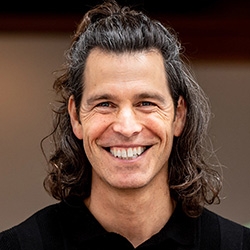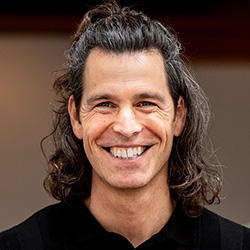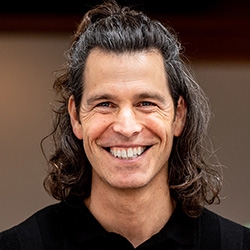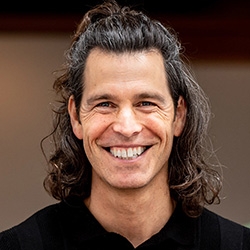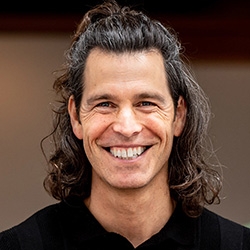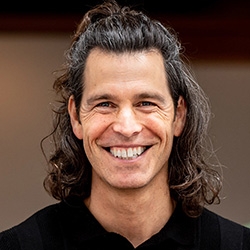

NVC Resources with Yoram Mosenzon
-
Yoram Mosenzon explores the core NVC principle that others do not cause our feelings—our interpretations and unmet needs do.
-
CNVC trainer Yoram Mosenzon shares how expressing specific and authentic appreciation can deepen connection in intimate relationships. He emphasizes the importance of making clear observations without judgment and connecting with the feelings and needs that arise from meaningful gestures.
-
Imagine a world where mediation is a basic life skill taught early to support cooperation.
-
Practice radical honesty and integrate NVC into daily life through demos, role-play and exercises.
-
Yoram Mosenzon shares that the role of a mediator is often misconceived as solving conflicts, which can create stress and exacerbate the conflict. Instead, the true essence of mediation is about remaining untriggered, understanding the pain of the conflicting parties, and facilitating communication.
-
Yoram Mosenzon shares an exercise and demo to explore the process of identifying observations and using judgements (jackals) to find the needs.
-
Amidst the Israel/Palestine war we see polarizing media portrayals and the battle for public opinion. Read how one person shares his deep, personal connections to the Israel/Palestine conflict, expresses the trauma and viewpoints of both Palestinian and Israeli experiences -- in a way that aims to transcend polarizations, hold compassion, and understand the complexity on both sides. Despite the immense challenge that defies easy resolution, he holds hope, noting historical reconciliations such as the ones between Germans and Jews.
-
How do you solve a conflict? By not trying to solve it! Yoram suggests building your conflict resolution muscles by practicing connecting to the needs behind the conflict instead. Check out this excerpt from Session 1 of his 2021 course, Connecting in Conflict and the Art of Navigating Dialogue. Listen.
-
Yoram Mosenzon discusses judgmental dialogue and its hidden aim to meet needs. This often creates distance instead of fostering connection. Yoram introduces a self-connection exercise to improve the chances of dialogue becoming more enriching and life-serving.
-
Strengthen your NVC practice to meet conflict with empathy, and ask for what you need.
-
Listen to Yoram Mosenzan discuss requests. He asserts that we can make requests of others and that we are making requests of ourselves throughout the day. The thing that has the biggest impact is how I make requests of myself.
-
Yoram Mosenzon suggests that when we make positive language requests, we tell people what we want. We give them an image of what would make life more wonderful. What we usually do is tell people what we do not want. This tends to create resistance.

Quick Links
Subscription Preferences
Stay In Touch!
Looking for ways to keep up with NVC Academy news, get special offers, free resources, or words of inspiration? Here are five ways to stay engaged:


